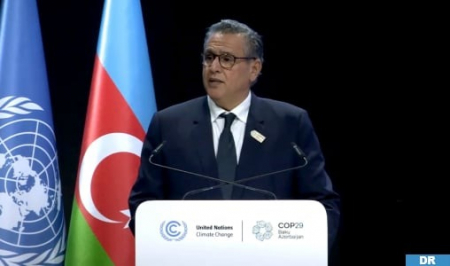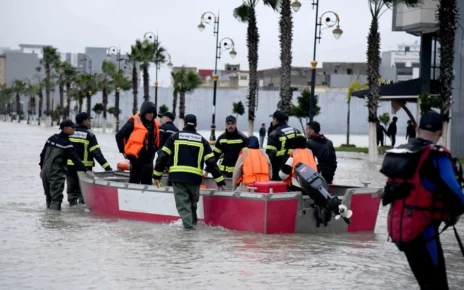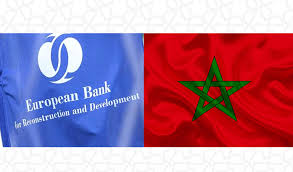Morocco’s experience in adapting to climate change and its commitment to play a key role in energy transition at national, continental, and international levels were highlighted before the High-Level Segment for Heads of State and Government of the ongoing COP29 summit held in Baku.
The kingdom’s experience was presented by Head of Government Aziz Akhannouch, who is representing King Mohammed VI at the event.
Morocco has been committed for many years to playing a major role in the energy transition, at national, international and continental levels alike, Akhannouch said, adding that in line with the Sovereign’s clear vision, renewable energies in Morocco today account for around 40% of electricity generation capacity, a figure to rise to 52% by 2030.
Akhannouch, who congratulated Azerbaijan on organizing COP29 and its steadfast commitment throughout the preparations for this major event, recalled the launch of the African Agriculture Adaptation Initiative (Triple A) under the impetus of the King at COP22, held in Marrakech in 2016.
This initiative embodies “a bold vision: to transform African agriculture and protect the environment from climate change,” the Head of Government said.
In close collaboration with the African Adaptation Initiative, the Triple A Initiative is continuing its action according to three main axes, namely improved soil management, increased access to water for irrigation, and the integration of resilient agricultural technologies, Akhannouch explained.
Morocco has already begun updating its Nationally Determined Contribution (NDC), raising its decarbonization ambitions and integrating new structural projects, notably seawater desalination using renewable energy, biomass valorization, and green hydrogen, he added.
Boasting some of the most competitive solar and wind energy resources in the world, as well as recognized experience in attracting investors, the Kingdom intends to play an important role in meeting the major challenges of carbon neutrality, he stressed.
“Morocco fully assumes its responsibilities. However, these challenges concern every nation on the planet, especially the more industrialized countries,” the Head of Government said.
Natural disasters caused by global warming, more frequent and intense in recent years, are generating considerable human and economic losses, and affecting food security, health infrastructures, and access to drinking water, he regretted.
The world expects COP29 to deliver concrete commitments to accelerate the ecological transition and provide necessary means for its implementation in a spirit of solidarity, including sustainable financing solutions for adaptation funds and climate insurance mechanisms, to enable the most vulnerable countries, often the least responsible for historical emissions, to strengthen their resilience, Akhannouch said.
Akhannouch, who is leading the Moroccan delegation to COP29, was welcomed in Baku on Tuesday by President of Azerbaijan Ilham Aliyev and UN Secretary-General Antonio Guterres.
COP29 (November 11-22) is focusing on climate financing, given the need to enable all countries to reduce greenhouse gas emissions and protect lives and livelihoods from the worsening effects of climate change, particularly for vulnerable communities.



